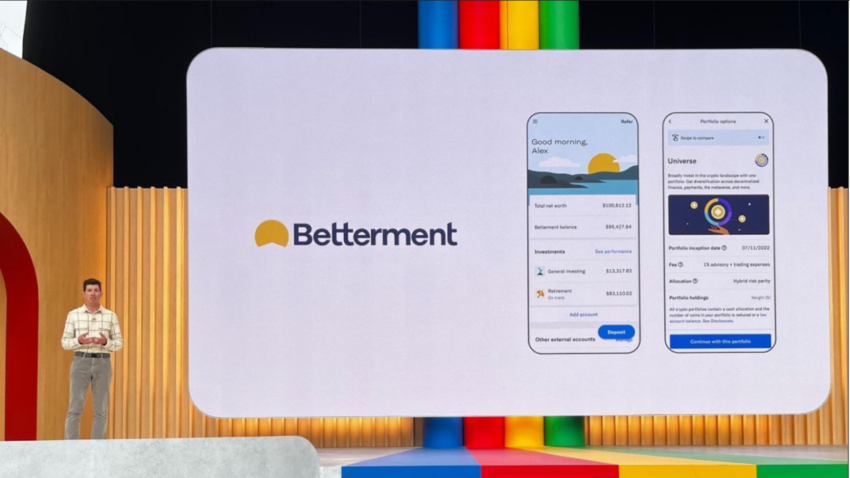This year’s Google I/O virtual conference has been overflowing with announcements, and there’s so much to cover that one post isn’t enough. Here’s a brief overview of some other noteworthy announcements from this exceptionally well-produced event (I particularly enjoyed the outdoor keynotes).
Jacob Lehrbaum, director of Android developer relations at Google, urged Android developers to prepare for Android 12, slated for release later this year but already available in beta for certain devices. This update introduces “one of the biggest design changes ever” in Android’s history, featuring a strikingly revamped UI. Among the notable additions are the “color extractions” feature, dynamically altering the system’s theme based on your current algorithm, a dynamic lighting feature, and Quick Wallet Access on the lock screen.

Android 12 also brings new safety features, including the ability to audit app data requests, akin to the privacy features in iOS 14.5. Developers can gain insights into how their apps and dependencies access private user data through data access auditing. The Android 12 beta is accessible to users with devices such as Pixel 3 or newer, Xiaomi Mi 11, and various devices from ZTE, Asus, OnePlus, Oppo, realme, Sharp, TECNO, Vivo, and TCL.
In the realm of mobile web app development, Google announced new features for its Firebase platform, which is now used by over 3 million apps monthly. Firebase introduces an AI-powered Personalization enhancement for its Remote Config service. Currently in alpha, Personalization leverages Android’s on-device machine learning to automatically optimize individual user experiences. For existing Firebase developers, the only requirement is to provide different configuration options, and Personalization will adapt these based on user behavior to enhance engagement.

Additionally, Firebase developers can now utilize the Firebase Storage API locally through the Emulator Suite, enabling offline testing and providing cost savings and improved testing automation opportunities.
Android 12 unveils new hardware APIs for Chrome, offering access to device peripherals, along with Privacy Sandbox APIs for testing, aligning with Google’s plan to phase out third-party cookies from Chrome.
Flutter, Google’s open-source mobile UI toolkit, announced version 2.2 at the conference. This release introduces features allowing developers to monetize their apps through in-app purchases and ads. Furthermore, it enables developers to connect to cloud services and extends app capabilities through new APIs. Flutter, based on Google’s Dart language, was initially released in 2017 and has been steadily gaining popularity.
